Should teachers facilitate voter education?

You exercised your right to suffrage on May 12, 2025. Before, during, and after this eventful time, terms like “voters’ education” were casually thrown around. But who’s really supposed to deliver that? The Commission on Elections (Comelec), you’d say. Sure. But do they even have the luxury of time—and the bandwidth to reach and educate the masses thoroughly? And when the elections are still months, even years away, who steps in then?
According to VoICE.NET, “in the Philippines, the Comelec and local civil society organizations worked to strengthen the delivery of voter education through projects that empowered local organizations to take a lead role in promoting the engagement of disadvantaged communities, including citizens in the Autonomous Region of Muslim Mindanao and youth.”
This model works. But when times get rough and Comelec needs an assured back up, I just know the most perfect, most qualified people to carry this burden. The catch is, you’d have to navigate some tight constitutional lines to make it happen.
Article II Section 5 of the Code of Ethics for Professional Teachers has set this in stone: “A teacher shall not engage in the promotion of any political, religious, or other partisan interest, and shall not, directly or indirectly, solicit, require, collect, or receive any money, service, or other valuable material from any person or entity for such purposes.”
And as if that wasn’t enough, it continues in Section 7: “A teacher shall not use his position or official authority or influence to coerce any other person to follow any political course of action.”
This guidance is clear as daylight. But given the recent political climate in this country, don’t you think it’s time we revisit how we interpret and apply it?
Let me be clear: I’m not here to challenge the legal foundations or intentions behind these provisions. This is not a manifesto. Consider this an outlier’s perspective; times are definitely changing. And before you raise your pitchforks and impale me with your moral swords, hear this: the moment we fall for popularity is the moment we know we are doomed.
Who’s to blame for the series of unfortunate events that began after the official proclamations of candidates and dragged on until the very last day of the campaign period? Those who bought every second of airtime, occupied every conceivable space, and every mind-conditioning survey that were paid for by their “friends,” and all in the name of living rent-free in the minds of the easily swayed. Your guess is probably as good as mine.
So maybe the time has come to allow some teachers, along with curriculum writers and reviewers, to gradually integrate civic and voter education into the teaching and learning process—not to coerce young minds, but to give students the ascendancy to choose political candidates based on sterling qualifications, as backed by data and statistics and devoid of mere feelings and opinions. No name-dropping, of course—just official records: bills passed and authored, laws promulgated, actual lives changed for good.
What I’m not qualified to say, though, is whether they’d even be willing to take on the task— given how lionized these sectors become during this performative stretch of democracy. Teachers and education professionals have so much to say, so many insights to offer, only to be bound by civil service limitations. They remain voiceless, confined to discussing these matters within their own hollow echo chambers. They see the trainwreck coming, but they’re not in a position to stop it. So they stay silent and accept what might have been avoidable.
And here’s a painful admission that might be uncomfortable to some but deserves a relentless spotlight: not all teachers are immune to bias. Some, driven by personal convictions or partisan leanings, may inadvertently blur the line between instruction and indoctrination. That’s a risk we cannot ignore. In fact, it’s a greater threat, as even the best-intentioned educators can unintentionally propagate misinformation under the guise of discussion.
If anything, the Department of Education should entrust this vital role only to teachers who uphold the principle that data and research are kings. While it’s true that not everything you read online is accurate, actual and organic records don’t lie. And as long as teachers are aligned with truth and evidence and on the right side of history, I don’t think this is wrong, or even difficult to pull off.
The future of our nation is in your hands, along with 68.43 million other voters. Your one vote is sacred. I hope you made it count.
—————-
Ryan Leyco Faura is a senior high school teacher at a public high school in Antipolo City, Rizal. His writings can be accessed through https://ryanleycofaura.carrd.co.


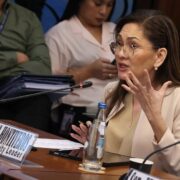
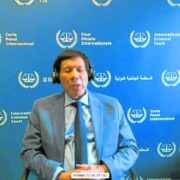

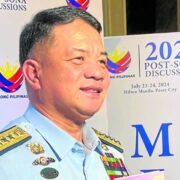

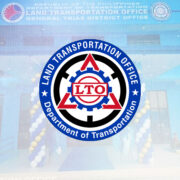

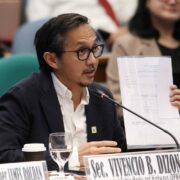

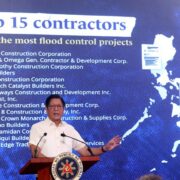
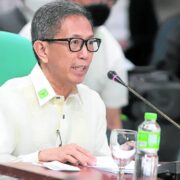




Asia: From democracy’s hope to repression’s leader